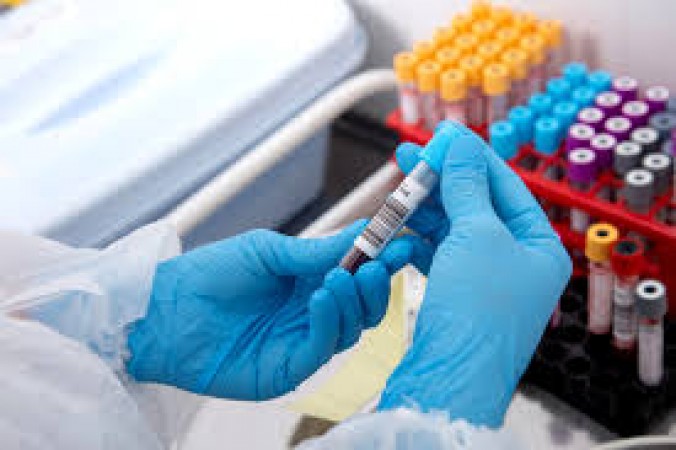
Heart attacks are a serious health concern affecting millions of people worldwide. While some individuals may experience warning signs or symptoms, others may not be aware of their risk until it's too late. However, advancements in medical technology have provided healthcare professionals with valuable tools to predict and prevent heart attacks, one of which is through blood tests.
Understanding Heart Attacks: A Silent Threat
A heart attack, also known as a myocardial infarction, occurs when the blood flow to a part of the heart is blocked for a prolonged period, leading to damage or death of the heart muscle. The most common cause of a heart attack is the buildup of plaque in the coronary arteries, which supply oxygen-rich blood to the heart muscle.
The Role of Blood Tests in Heart Health
Blood tests play a crucial role in assessing an individual's risk of experiencing a heart attack. These tests provide valuable insights into various biomarkers and indicators that can signal potential issues with heart health. Some of the key blood tests used to evaluate heart health include:
1. Lipid Profile:
2. High-Sensitivity C-Reactive Protein (hs-CRP):
3. Cardiac Biomarkers:
4. Blood Sugar Levels:
5. Homocysteine Levels:
Interpreting Blood Test Results
While blood tests provide valuable information about an individual's risk of heart disease, it's essential to interpret the results in the context of other risk factors, such as age, family history, smoking status, diet, and exercise habits. Additionally, trends over time may be more indicative of risk than a single set of results.
Take Control of Your Heart Health
Regular monitoring of key biomarkers through blood tests can help individuals and their healthcare providers assess and manage their risk of heart disease effectively. By adopting a healthy lifestyle, including a balanced diet, regular exercise, maintaining a healthy weight, managing stress, and avoiding smoking, individuals can reduce their risk of heart attacks and other cardiovascular events. In conclusion, blood tests play a critical role in predicting and preventing heart attacks by providing valuable insights into various biomarkers and indicators of heart health. By understanding and interpreting the results of these tests in conjunction with other risk factors, individuals can take proactive steps to reduce their risk of heart disease and improve their overall health and well-being.
Realme 12X 5G Set to Launch in India: Here's What You Need to Know
776cc engine, price Rs 10.30 lakh; Suzuki launches new motorcycle
New Instagram Reels Update Might Introduce 'Blend' Feature: Here's How it Works